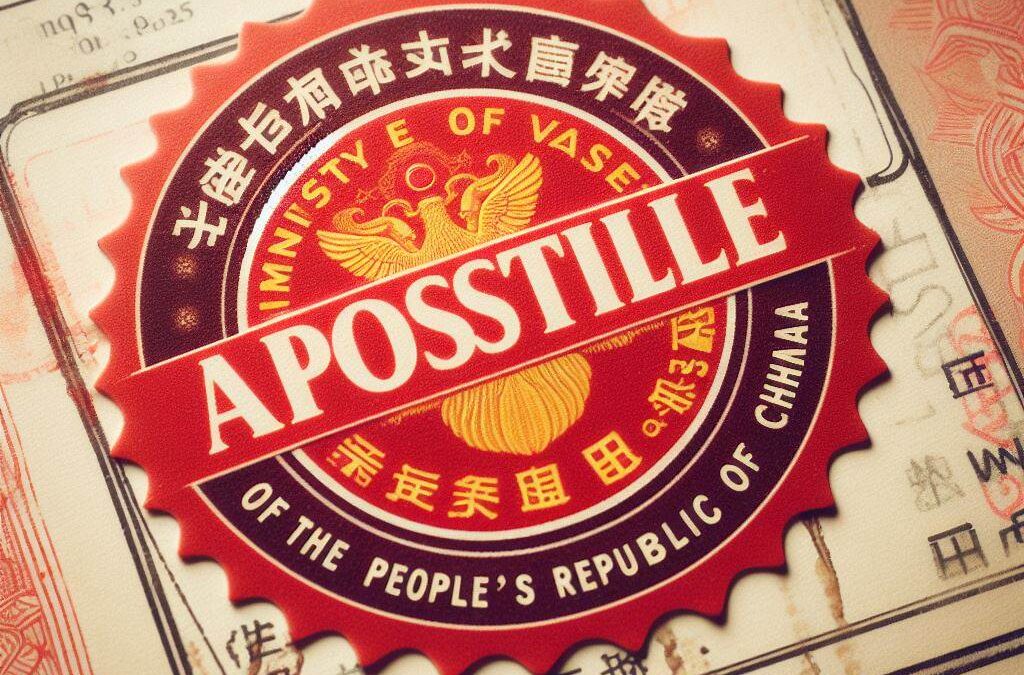In an increasingly interconnected world, the need for cross-border recognition of legal documents is paramount. For individuals and businesses operating in or with ties to China, understanding the process of apostille—a critical step in document authentication—is essential for navigating international transactions.
Apostille in China: A Gateway to Global Recognition
China, a signatory to the Hague Convention, embraces the Apostille Convention, simplifying the authentication of documents for international use. The Apostille certificate serves as a validation, ensuring the legitimacy of documents issued within its jurisdiction when presented in member countries.
Eligible Documents for Apostille
Various documents can undergo the apostille process in China, including:
- Public Documents: Birth certificates, marriage certificates, and notarized documents issued by government offices.
- Legal Documents: Court decisions, powers of attorney, and other legal papers requiring validation for international use.
- Educational Documents: Academic transcripts, diplomas, and certificates issued by recognized educational institutions.
The Process of Obtaining an Apostille China
The process involves several steps:
- Document Verification: Ensure the document is valid and issued by a recognized Chinese institution or notary public.
- Notarization or Authentication: Take the document to the local notary office or designated authority for notarization or authentication.
- Apostille Issuance: Submit the authenticated document to the Ministry of Foreign Affairs or its authorized departments for the issuance of the Apostille.
- Legalization (If Necessary): In some cases, depending on the country of destination, further legalization might be required at the embassy or consulate of that country in China.
Significance of Apostille for International Transactions
Obtaining an Apostille in China holds immense significance for:
- Studying Abroad: Academic records and diplomas often require Apostille authentication for admission to foreign universities.
- Working Overseas: Employment contracts, professional licenses, and other work-related documents may need Apostille certification for employment in foreign countries.
- International Business: Legal agreements, contracts, and corporate documents often require Apostilles for recognition and validation in other countries.
Tips for a Smooth Apostille Process in China
- Document Preparation: Ensure documents are complete, accurate, and authenticated by the appropriate authorities.
- Timely Action: Begin the Apostille process well in advance to accommodate any delays in processing.
- Professional Assistance: Seek guidance from agencies or legal professionals familiar with Apostille procedures to streamline the process.
Navigating the China Apostille process is vital for ensuring the recognition and acceptance of your documents globally. Understanding the steps involved, the types of documents eligible for Apostille, and the significance of this certification is key to a successful international endeavor.
The Apostille convention bridges the gap between nations, fostering smoother communication, education exchanges, and business collaborations across borders.


